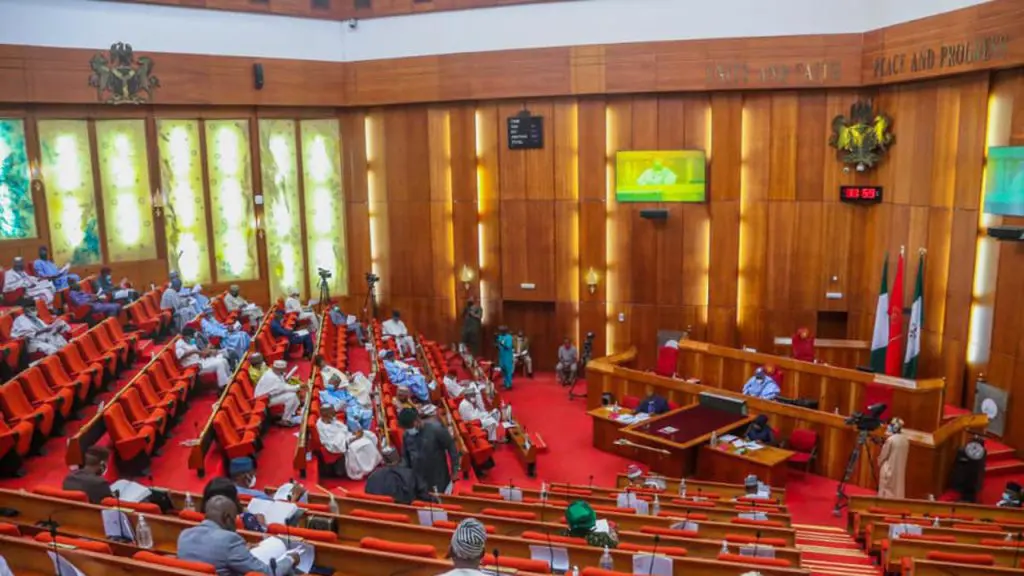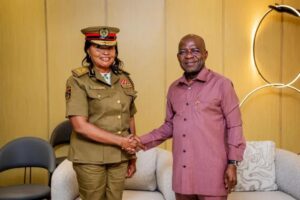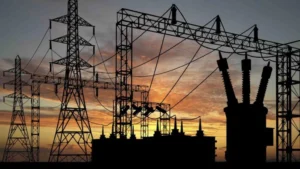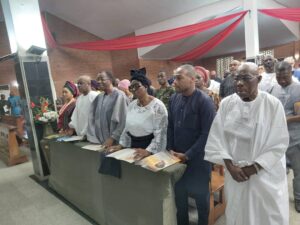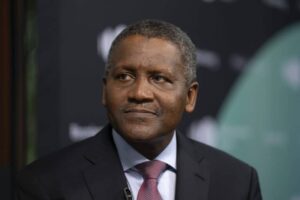Nigeria’s National Assembly members have returned to Abuja after a two-week break, with President Bola Tinubu’s tax reform bills dominating their agenda. These bills, which aim to restructure the country’s tax system, have sparked intense debates along regional lines, with the North and South divided over their implications.
The four bills in question include the Nigeria Tax Bill 2024, Tax Administration Bill, Nigeria Revenue Service Establishment Bill, and Joint Revenue Board Establishment Bill. While these bills are expected to improve Nigeria’s tax collection efficiency and transparency, the proposed changes to how Value Added Tax (VAT) is shared have stirred controversy.
At the heart of the debate is the proposal to allocate 60% of VAT revenue based on the derivation principle. This means states that generate more VAT will receive a larger share of the revenue. For instance, Lagos State, as Nigeria’s economic hub, stands to benefit significantly due to the presence of numerous company headquarters.
Northern governors and lawmakers argue that this arrangement is unfair to states in the North, which contribute less VAT. Rabiu Kwankwaso, leader of the New Nigeria People’s Party (NNPP), recently criticized the bills, labeling them a scheme to transfer tax revenue from Kano and other northern states to Lagos. His remarks have fueled opposition from northern politicians, adding to earlier calls by the Northern Governors’ Forum to reject the bills outright.
Despite the criticism, some lawmakers and experts believe the tax reforms will benefit northern states more in the long run. Taiwo Oyedele, chairman of the presidential tax reform committee, has been vocal in defending the bills. He argues that the changes would redistribute resources more equitably and even reduce Lagos State’s dominance in tax collection.
In the House of Representatives, voices like Philip Agbese, the deputy spokesperson, have expressed strong support for the bills. According to Agbese, the reforms are crucial for reviving Nigeria’s economy, and lawmakers should focus on the national interest rather than regional politics.
The legislative process involves both the Senate and the House of Representatives, and the numbers game will be crucial in determining the bills’ fate.
The Senate has 109 members:
- North: 57 senators
- South: 51 senators
- Federal Capital Territory (FCT): 1 senator
Within the North, the 15 senators from the North-Central region (Kogi, Kwara, Benue, Nasarawa, and Plateau) often vote differently from the core North (North-East and North-West). If these senators align with their southern counterparts, the South-North-Central coalition could provide enough votes to pass the bills.
The House of Representatives has 360 members:
- North: 190 members
- North-West: 91
- North-East: 48
- North-Central: 51
- South: 170 members
- South-West: 71
- South-South: 55
- South-East: 44
While the North holds a numerical advantage, lawmakers from the North-Central often take positions independent of the core North. Similarly, southern lawmakers, especially from oil-producing states, are likely to support the bills.
- Rabiu Kwankwaso: The NNPP leader has been vocal against the bills, urging northern lawmakers to resist the reforms, claiming they would harm northern states.
- Philip Agbese: A strong supporter of the bills, Agbese argues that the reforms are necessary to reboot the Nigerian economy.
- Ali Ndume: The senator from Borno State has criticized the bills, declaring them “dead on arrival” and promising strong resistance in the Senate.
As debates continue in the National Assembly, the passage of the bills will depend on alliances and negotiations. Regional interests will play a significant role, but so will the influence of party leadership and external lobbying by governors.
The big question remains: Will lawmakers prioritize national economic reforms over regional politics, or will the divide between the North and South hinder progress?
